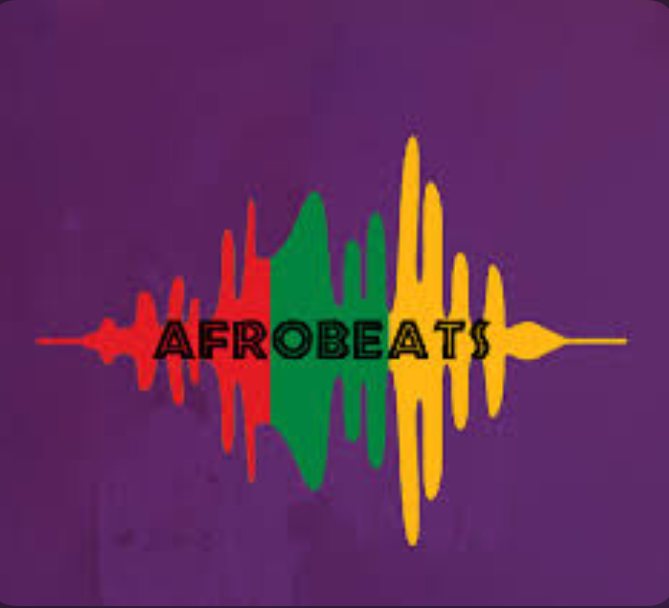Reggae and dancehall were among the dominant musical genres in Nigeria at the turn of the century. But right now, afrobeat has effectively taken over the music industry.
Because of how popular afrobeat has become, some music fans worry that other subgenres may soon go extinct.
At its height, reggae was the mainstay of Nigerian music. Majek Fashek, Ras Kimono, Victor Essiet (from “The Mandators”), Evi Edna Ogoli, and Peterside Ottong, among others, captivated audiences both domestically and abroad. Dancehall, a subgenre of reggae, became popular between the end of the 1990s and the beginning of the 2000s.
Dancehall became a powerful voice that addressed societal ills and criticised the state of governance. It was particularly popular on the streets of Ajegunle, Lagos’ ghetto known as a cocoon of creativity. Ragga and galala, two additional reggae derivatives and subgenres, also experienced a boom thanks to artists like Daddy Showkey, Marvellous Benji, Raymond King, and Junglist, who all created accompanying dance moves.
Plantashun Boyz, which consisted of 2face Idibia, Blackface, and Faze, started a revolution that saw the new sound take over for more than a decade during the new millennium, which was also marked by the rise of rap and hip hop.
Over the course of about ten years, there was an explosion of talent and the music scene alternated between rap and hip-hop, afropop and highlife.
Tuface, Eedris Abdnulkarim, Styl-Plus, Trybesmen, Zulee Zoo, D’Banj, and P-Square were among the notable performers on the crowded stage. All things considered, the Nigerian music scene was looking for its own identity.
Afrobeat, whose early pioneers included the likes of D’banj and P-Square, marked a significant turning point in Nigerian music, and those who would carry out the transformation started to emerge within a decade.
What is amazing about Afrobeat is how strongly it appeals to supporters of other genres who have given up the music they are naturally drawn to in favour of trying the new fusion that has become the sound of Africa.
A good example is Patoranking, who quickly switched to afrobeat after beginning his musical career in reggae. Flavour Nabania, widely regarded as the king of highlife, has also turned his attention to afrobeat.
Even fuji artistes like Pasuma, Alao Malaika, Osupa Saheed, Wasiu Ayinde Marshal, aka K1 the Ultimate, work with Afrobeat musicians.
Current Afrobeat artistes include Burna, Wizkid, Kizz Daniel, Tecno, Davido, KC, Rema, Ayra Starr, Tems, Tiwa Savage, Joeboy, Asake, Ruger, Fireboy DML, and Bnxn. The list is endless.
What’s more, afrobeat dominates the charts, both domestically and globally. It has brought Nigeria its first Grammy, courtesy of Burna Boy. It has become the description of Nigerian sound. It is the sound performed by Nigerian artistes on global stages, such as Tiwa Savage at the coronation of King Charles III and Davido for the official song of Qatar 2022 World Cup.
Nonetheless, most music lovers are perplexed by how Afrobeat continues to grow while other genres are in decline.
Reputable music executive Femi Joshua, who is based in Abuja, claimed that social media’s influence was key to Afrobeats’ meteoric rise and widespread appeal.
According to him: “In the past, Nigerian artistes heavily relied on radio and television stations to promote their songs and gain recognition. However, with the advent of social media, the music industry has undergone a digital revolution, enabling artists to achieve success without solely depending on traditional media platforms.”
He noted further that artistes no longer require radio airplay to achieve fame or make a breakthrough. Instead, social media sites like Instagram, Twitter, and YouTube have played a crucial role in exposing artistes to a wider audience, which has increased the likelihood that their music will go viral and make them famous.
“With social media’s vast reach and the ability to connect directly with fans, artistes now have a direct pathway to success, transcending geographical limitations,” he added.
DJ Slixm, a well-known figure in the music business, thought that afrobeat’s popularity was due to its adaptability.
He pointed out, for instance, that dancehall’s repetitive beats and patterns are a drawback that has aided in the genre’s dwindling appeal.
“The genre’s lack of innovation and fresh sounds has caused listeners to seek new musical experiences, leading to the emergence of other genres such as afrobeat that offer a diverse range of sounds and styles,” he said.
As Afrobeat continues to evolve and shape the Nigerian musical landscape, it remains to be seen whether the former popular genres of reggae and dancehall will regain their prominence or fade quietly into the past.




Leave a reply